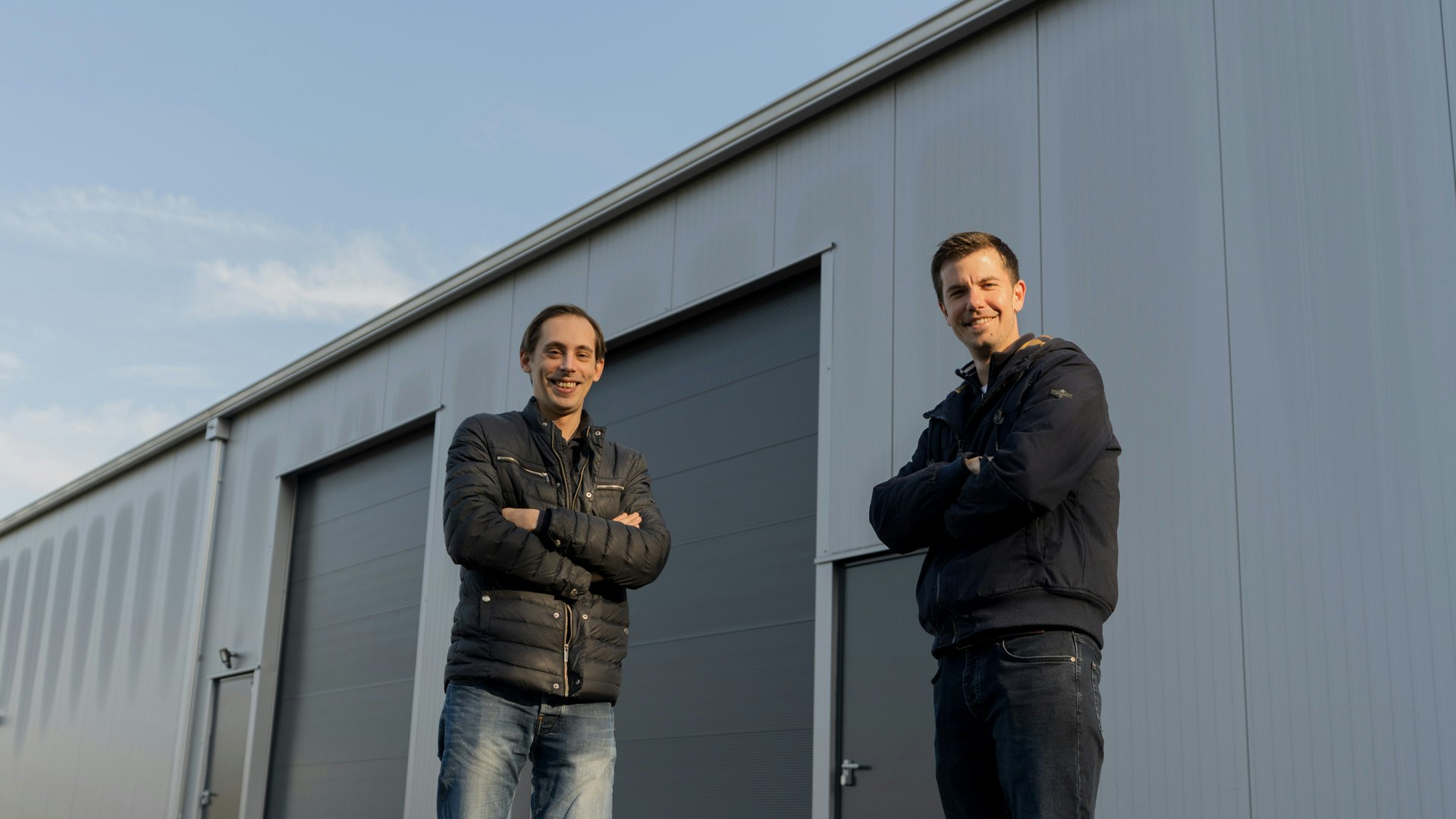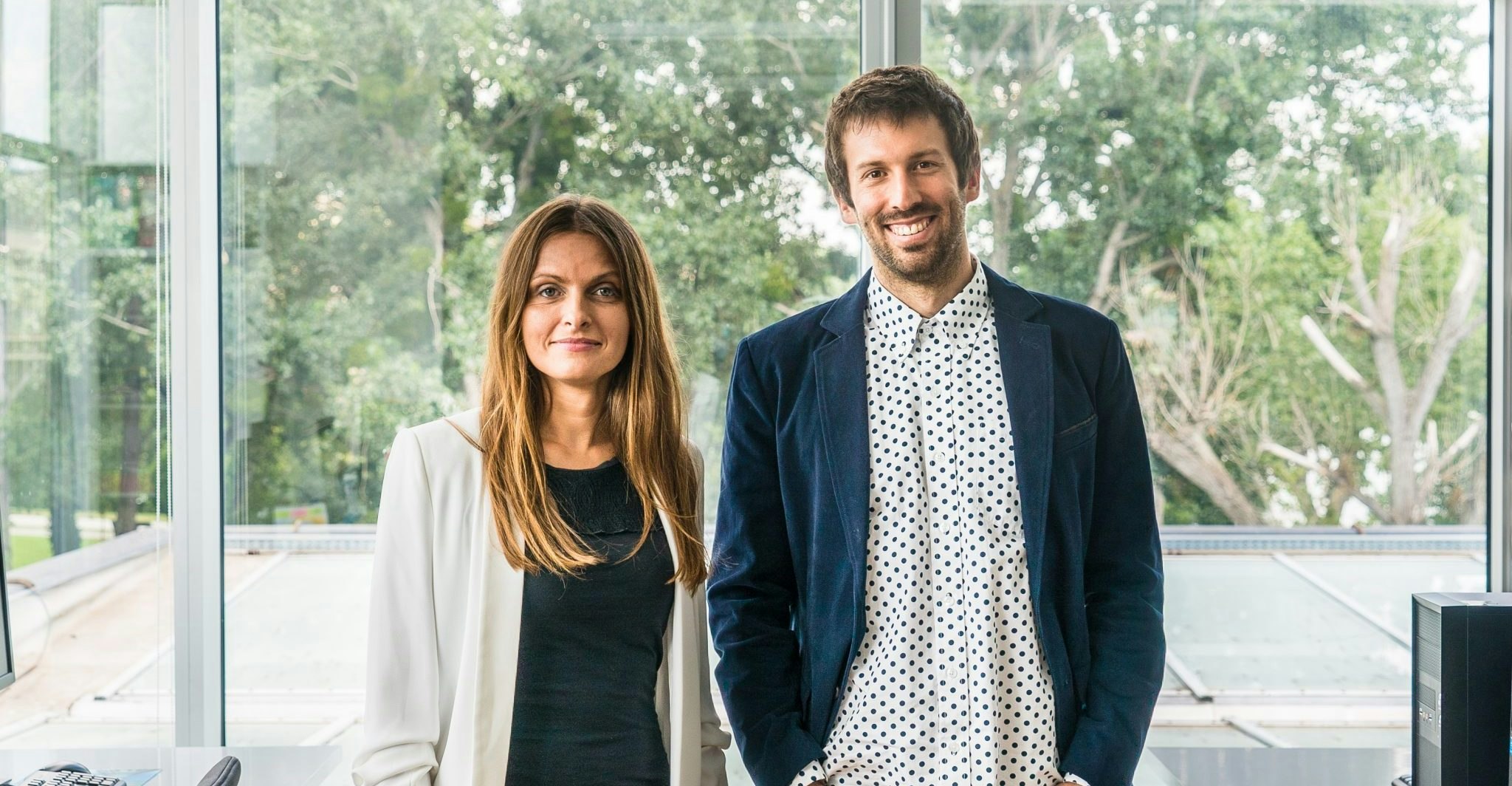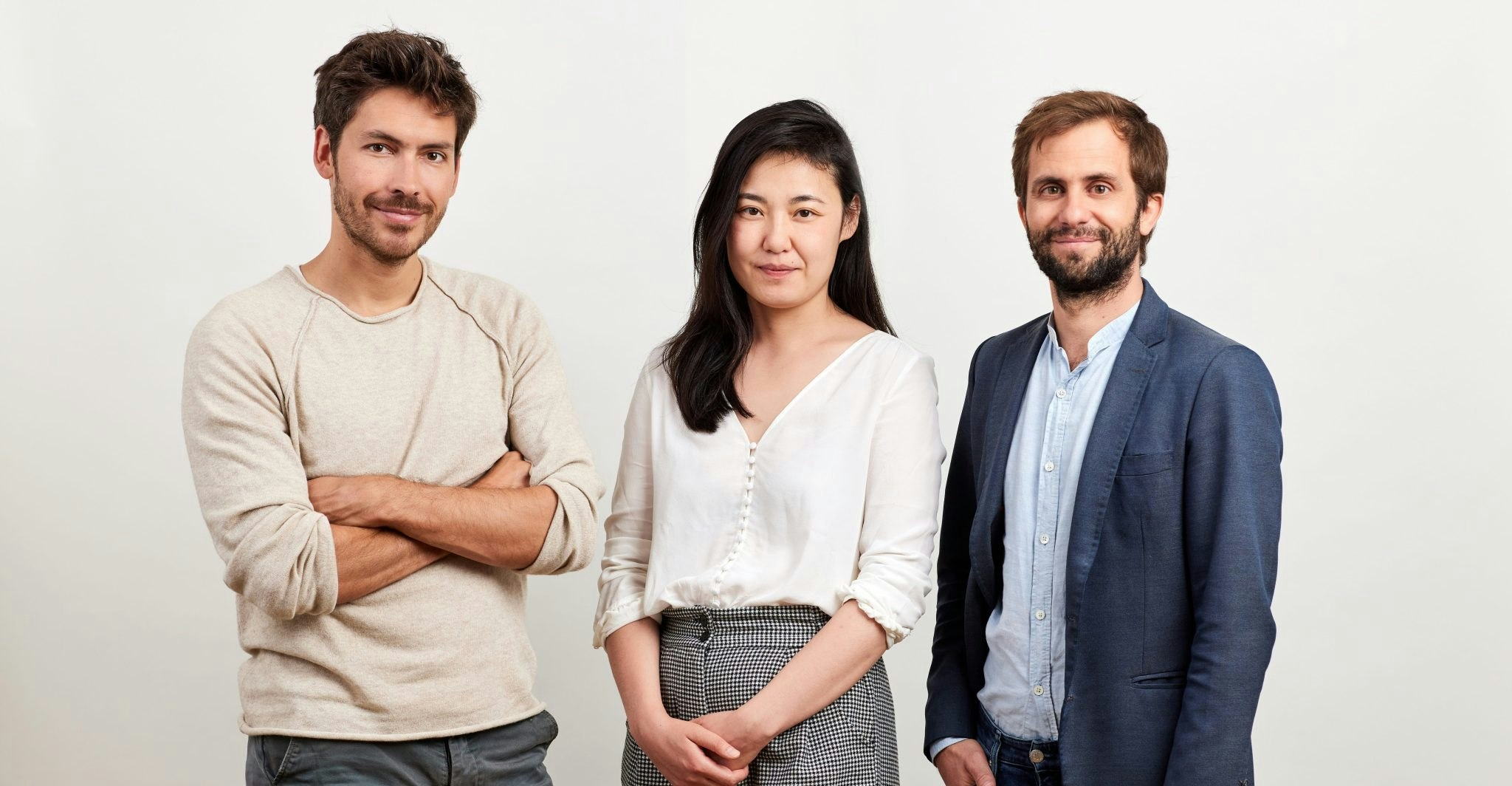Patchouli from Indonesia, neroli from Tunisia, jasmine from India. These precious ingredients are what European perfume brands have relied on for centuries to make their signature scents.
But rising temperatures and droughts are affecting crops across the world, including those used by the perfume industry, putting its future at risk. Enter vertical farms.
French vertical farming company Jungle has paired up with Swiss fragrance house Firmenich — the world’s largest privately owned fragrance company — to grow some of the plants it uses in vertical farms. It’s the first collaboration between a perfume house and a vertical farm.
Firmenich has mixed scents for 125 years, including creating scents like Jean Paul Gaultier Scandal and Calvin Klein’s CK Everyone. Its famed "noses" are some of the best in the business.
Firmenich uses over 1,000 plants across its recipes, and Jungle founder Gilles Dreyfus estimates that 20% of them can be grown in a vertical farm. Firmenich invested in Jungle a few years ago, but is now also a client, purchasing vertical farm-grown flowers.
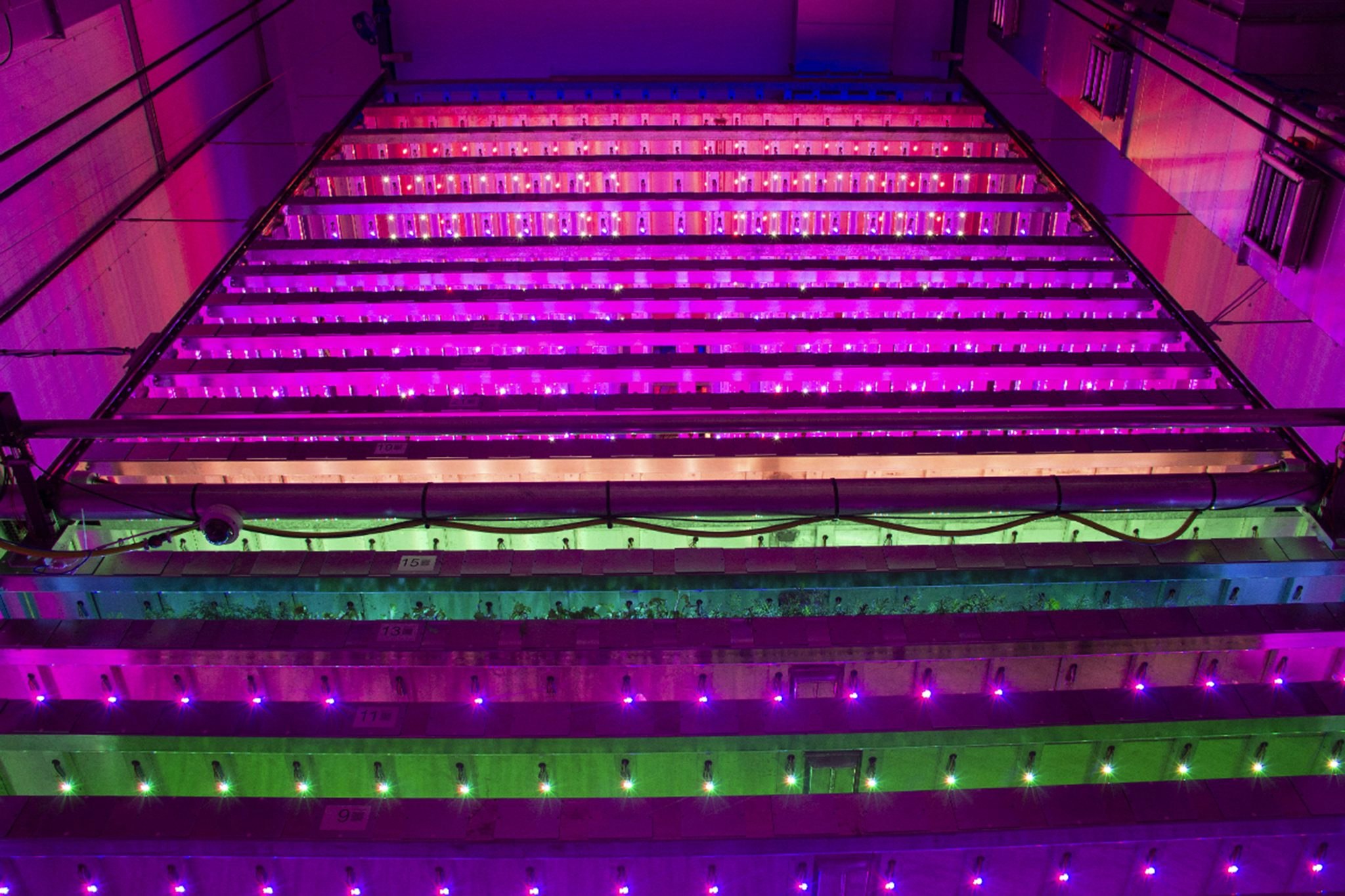
The unusual collaboration is notable for vertical farm watchers. With profitability an issue for many vertical farming companies, working with the luxury sector could be another lucrative business line.
Other farms are branching into medicinal plants to improve profits, while others are rumoured to be eyeing a change to cannabis farming once regulations ease.
Despite tracing its origins back to the 19th century, Firmenich has a history of embracing technological change. Last year, it announced it was starting to use AI to devise scents.
Through controlling the environment, we're going to be able to express the smell in a stronger way
Using vertical farms means the conditions a plant is grown in can be controlled, mimicking the conditions typically found in hotter climates outside Europe.
“When you have the controlled environment of the vertical farm, you can impact how plants are going to express themselves,” explains Dreyfus.
“Through controlling the environment, we're going to be able to express the smell in a stronger way.”
Lily of the Valley
Vertical farms will also allow companies to include natural ingredients in perfumes which they couldn’t before.
Jungle has just managed to grow lily of the valley in its vertical farm to the north of Paris.
“It’s a flower that flourishes for seven to ten days a year, once a year. But to extract from it takes two to three months, so you don't have enough biomass to make the essential oil to create a natural compound of lily of the valley to use in perfume,” says Dreyfus.
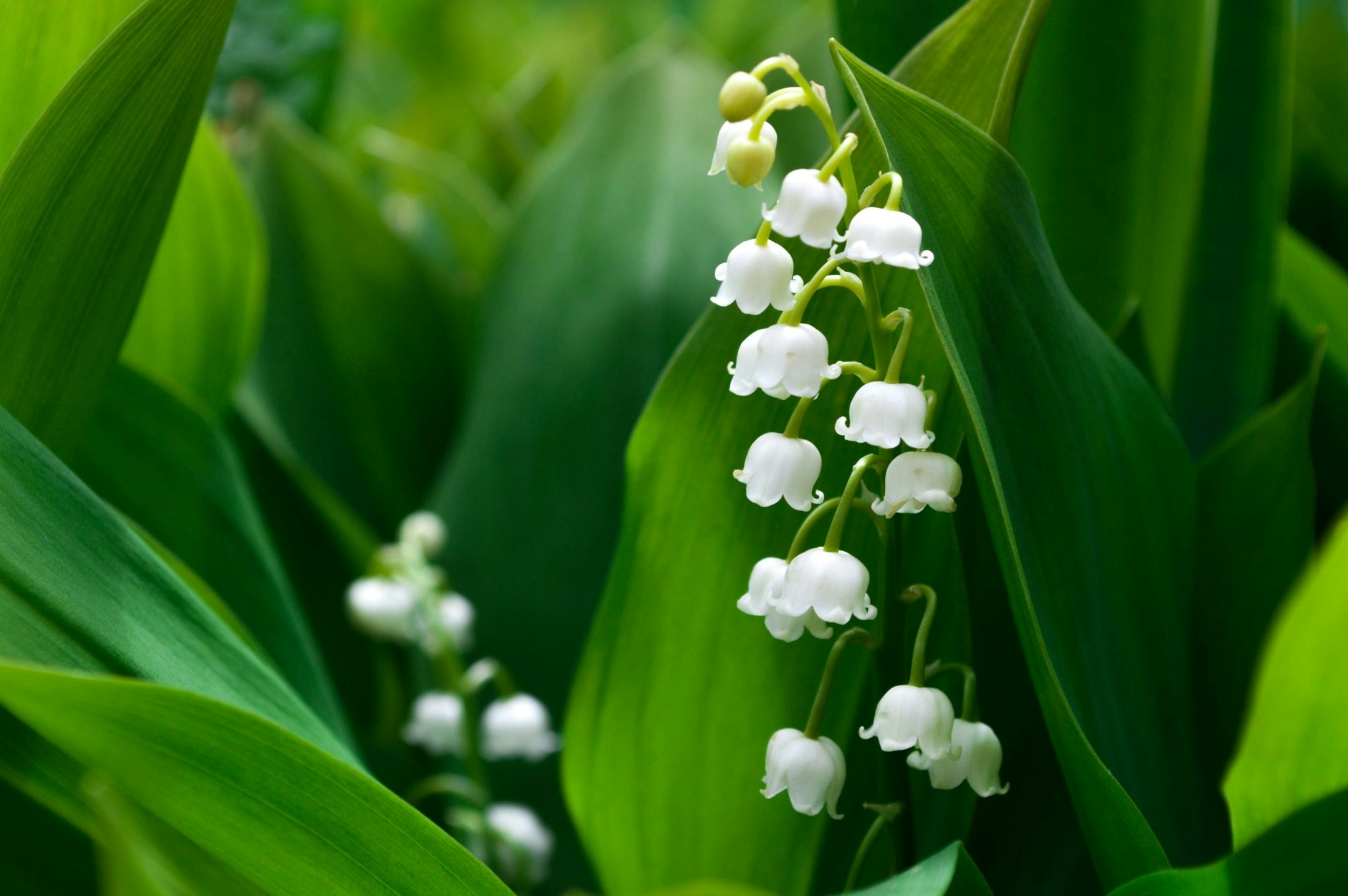
Perfumes have, therefore, only ever contained synthetic reconstructions of lily of the valley. In its vertical farm, Jungle can stagger the flourishing period of different plants, providing a flowering crop for a sustained period of time.
“The extracts have already been sold and they're being tested as we speak in a perfume recipe,” Dreyfus says.
Making money
Jungle is aiming for profitability next year, and says perfume will help. Europe’s biggest vertical farm, German company Infarm, is aiming at profitability by 2023.
“Food is a lot of large-volume, low-margin produce. These plants have less volume, but much higher margins,” he says — particularly for plants that can’t be grown outside of the farms, like the lily.
Jungle used to get 10% of its income from perfume and 90% from food products, but that balance is shifting fast: it’s now at 40% perfume, 60% food.
The first perfumes containing real lily of the valley will hit the shelves in the next year or so — the toxicology and testing process for perfumes is pretty long.
The brand it’ll be sold under can’t be disclosed but, once it arrives, it’ll be a lot of people’s first sniff of a real lily of the valley flower.
